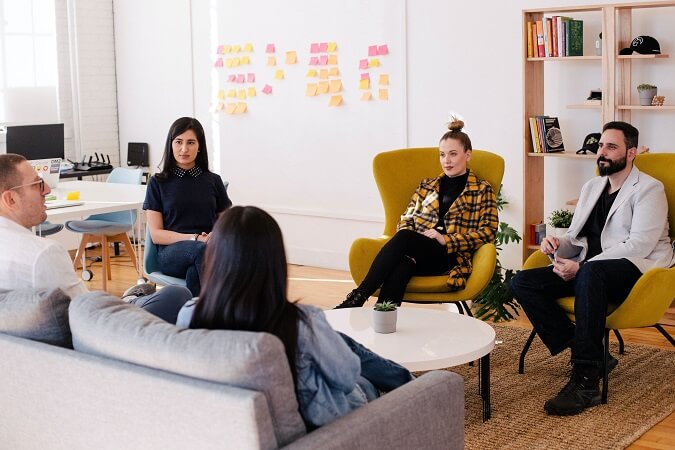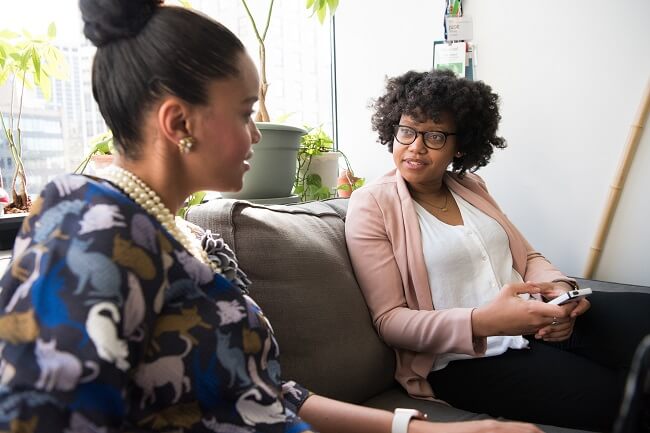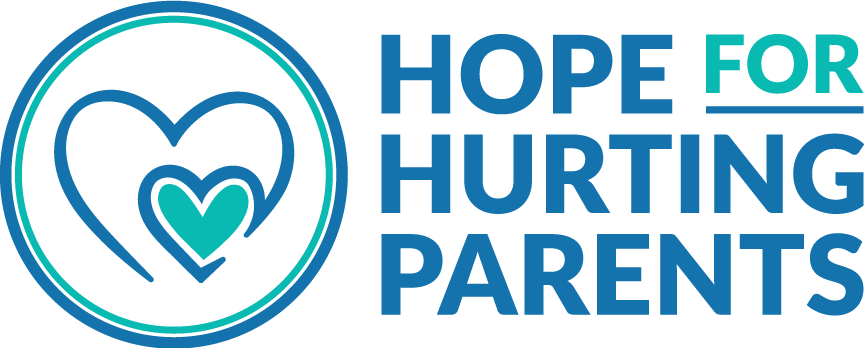
photo cred. You-x-ventures on unsplash
“When Renee leaves our program she won’t be the same person. Even if she relapses, she’ll never be like she was before coming here. She’s going to learn everything she needs to know, and will have all the tools necessary to get clean and stay clean if she wants to.” Oh God, please don’t let her relapse—ever. I don’t think I could take it. How can I let go of my need for her to be okay? I’m a recovering codependent and an enabler. But I didn’t realize this at the time.
After completing 90 days in rehab and a month in a sober living house our daughter came home. During this time, we too had worked on ourselves, attending Al-Anon meetings and learning about recovery…hers and ours
A few days after her return, Renee went to a party. Later that evening, we got a call from her. “Hey, dad, I just wanted to let you guys know I’m going to spend the night with my girlfriend.”
“Oh? Well, okay”, he said, full of apprehension, “but I have to ask you a question. Renee, is this because you’re having such a good time, or because you’ve been drinking and you plan on drinking more?”
With a calm sadness in her voice she responded, “I’ve been drinking.”
Nooooo!
“Well, then, you know what that means. We talked about this when you returned from rehab. Choosing to drink means you’re choosing to live somewhere else. We can’t do this again.”
Renee knew we wouldn’t allow her to stay with us while actively drinking and using. We had laid out clear boundaries. Everyone understood. We supported recovery and sobriety one hundred percent, but we weren’t going enable her. There would be zero tolerance for using. We refused to help her destroy herself.
“I know, dad. I’ll be by to pick up my things tomorrow afternoon. Okay?”
Hard Decisions

photo cred. Quin Stevenson on unsplash
We couldn’t sleep that night. Distraught, the tears wouldn’t stop flowing. We both felt physically ill. How could this be? Where would this lead? We’d heard many times in our recovery meetings that addiction only had three possible outcomes—jail, an institution, or death. I shuddered at the mere thought of any of them. Each was staggering to think about. How can I let go?
Later the next afternoon, Renee came home to collect a few of her possessions. Before she left we had the most adult conversation we’d had with her up to that time, although incredibly sad. I can still see her in our small kitchen as she knelt down to pet Brie, the family dog. The two of them dearly loved each other. She looked up at us with her big, green, bloodshot eyes, heavy make-up and straggly, black hair, as she attempted to explain, “When I was in rehab, the old-timers in our support groups told us you know when you’re done. I can’t explain it, but I’m not done. ”
God, I can’t believe this. Not after all she’s been through and how far she’s come. I don’t think I can do this. Doesn’t she realize there aren’t any guarantees? Doesn’t she know she might not get a second chance?
About Enabling
Exactly what is enabling? Before we fell into the strange world of addiction I didn’t understand this concept. The recovery groups we’d been involved in taught us that enabling was protecting or shielding someone from experiencing the full impact of the harmful consequences of their behavior. Enabling differs from helping in that it allows the person to be irresponsible. Enabling is doing for someone what they could and should be doing for themselves. Helping is doing something for someone that they’re not capable of doing for themselves. Learning to discern the difference is difficult; not clear cut. When mental illness is involved the situation becomes still more complicated. When grandchildren are involved, it’s exponentially difficult.
Change is hard. Our behaviors may be ingrained habits we’ve practiced for a long time, but we get to decide what we’re going to do – so do our children. Remember, enabling may help them deny their deep problems. If we’ve played a part, we need to stop. Instead, we need to move toward empowering them to live as responsible, healthy adults.
For the moment all discipline seems painful rather than pleasant, but later it yields the peaceful
fruit of righteousness to those who have been trained by it (Hebrews 12:11).
Reasons We Enable

photo cred. Christina Wocintechchat on unsplash
Why do we enable? It’s complicated but these are a few common reasons:
- We have confused “helping” with “enabling”
- We love too much, too little, too dependently, and too conditionally.
- We fear for our child’s safety and the unknown.
- We feel guilty about what we did or didn’t do.
- We make excuses because substances have disabled or handicapped our adult children.
- We are ignorant and don’t know any better.
We need courage to ask ourselves hard questions. Understanding the deeper reasons behind what we’re doing is important. What reward are we getting from enabling? What need is it filling in our own life? Talking with a friend or counselor would be advantageous.
I enabled because it felt loving and helpful. Fixing problems for someone I loved made me feel better. I also needed to be in control and protect my daughter, especially when I thought she was in danger. “If I do this, then maybe she’ll do that.” I thought helping would guarantee her acceptance. It made me feel more secure in our relationship. Not stepping in was too frightening. I also needed to protect our reputation— we’ll look bad if I don’t do something We can’t let____________happen.
Working on Ourselves
I’ve learned we need to work on being healthy ourselves. That means we need clear, strong boundaries—for us, as well as for our kids. “I’ll go this far and no farther.” When you help, do you feel angry later? Anger and resentment are good barometers. They alert us that something’s wrong. We had a boundary that was crossed.
When we no longer need to enable or feel rewarded for doing so, we’ll find the strength to say, “No, I’m sorry_________, but I’ve decided I can’t (or won’t) help you with that anymore. But I’m confident you’ll solve this problem on your own. I believe you can do it!” I know this is difficult, but we can grow strong enough to do what we thought we never could. If I did, you can too. When we do, our child may fall. That will hurt us—more than they can imagine. But if we let them fall, they’ll learn far more than if we came to their rescue.
We can choose to step back. We can give our children the chance to prove to themselves that they can solve their problems on their own. They don’t need to depend on us.

photo cred. Casey Homer on unsplash
They may experience hard consequences: time in jail because we refused to bail them out or pay their fines; eviction from an apartment because of unpaid bills. But as a result, they have the opportunity to learn painful life lessons. Hopefully, they’ll grow and develop self-confidence. We don’t want to rob them of those opportunities, do we? Remind yourself of this the next time you’re tempted to help or fix their problem. You’ll need to trust God more but your trust muscles will grow stronger every day.
Dear parent, please don’t be hard on yourself if, or rather when, you relapse back into enabling habits—remember you’re not perfect. Al-Anon says, “Easy does it”. You might even choose to err on the side of grace once in a while. None of us deserves grace, but we could demonstrate what God has done for us all.
For it is by grace you have been saved, and this is not from yourselves, it is the gift of God –not by works, so that no one can boast (Ephesians 2:8 NIV).
Out of his fullness we have all received, and grace upon grace (John 1:16 NASB).
Benefits
To stop our enabling behaviors isn’t easy. I know that firsthand. But this is the right thing to do—for us and
for our children. When I stopped, I noticed the benefits. I felt free. I regained my sanity and the relationship with my daughter improved. Years later, Renee told us the best thing we ever did was to set clear boundaries and keep them.
When we no longer help in an unhealthy way we can empower our children to become mature, independent adults. We can allow them to learn how to fly on their own—without our intervention. We can live our lives again and let them live theirs.
This Bible verse calmed my fears and strengthened me during many hard times.
Have I not commanded you? Be strong and courageous. Do not be frightened, and do not be dismayed, for the LORD your God is with you wherever you go (Joshua 1:9 ESV).
**What do you think is the main reason you enable your child? If you don’t enable them anymore, what helped you stop? What benefits have you experienced as a result?
Please share your thoughts to help others.
**Today’s content is taken from my book You Are Not Alone with some revisions. I welcome you to join my husband and I for my Online Book Study. Register in advance for the meetings. (Every Wednesday night @ 7 pm through March 31st 7pm Eastern Time Zone)

My 49 year old daughter is doing cocaine, alcohol, has mental illness, has walked away from her children, just was evicted, she changed her phone number. Her car is impounded, she let her driver license Lapse! I bought Denas book and work book! I have been beside myself with fear, stressed, many tears, no sleep. Denas book has given me hope for the first time in a long time! Thank you so much.
Caarol, I’m so very sorry for the situation your daughter is in. I’m so glad my book has helped you have hope again. I pray the hope is just as much for yourself as for your daughter. She’s in God’s hands. I pray she will experience enough consequences to convince her she needs to accept help. Only God knows what she needs next and only He can provide. Praying for a miracle for both of you.
Warmly in Christ, Dena.